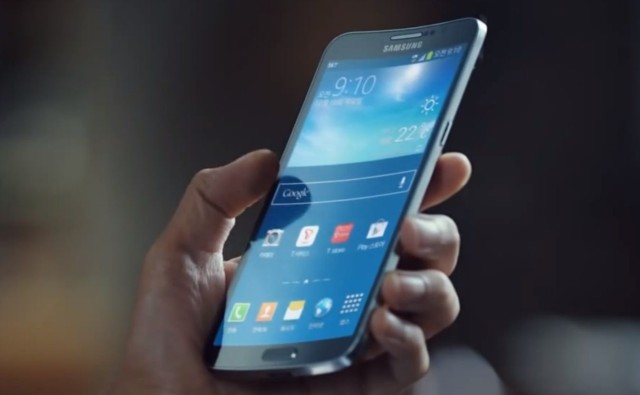Samsung To Develop Custom Smartphones For Coke, Pepsi & FedEx
As BlackBerry fights to get its new platform off the ground and save its smartphone business, Samsung — along with other smartphone makers — has been quick to take advantage of its struggle.
The South Korean company has reportedly expanded its enterprise business and struck a deal to make custom smartphones for the likes of Coca-Cola and Pepsi. Officials say that it is actively targeting “top-tier marketing-driven firms” which it believes may benefit from its smartphone solutions.
“We are actively approaching companies which have big distribution channels like FedEx, Pepsi, and Coca-Cola. Simply put, delivery systems in those companies could be effectively controlled by our custom devices,” said one Samsung official, the Korea Times reports.
The official added that Samsung is under increasing pressure to maintain rapid growth in its smartphone business, which has already helped Google’s Android OS become the world’s largest smartphone platform, with a greater market share than BlackBerry, Windows Phone, and even iOS.
“Thanks why Samsung is spending more efforts on developing smartphones for corporate clients. And we are seeking partnerships with global players, such as FedEx, Pepsi, and Coca-Cola to raise our leverage in the lucrative B2B sector,” another official said.
So what exactly will these “custom” devices be like? Well, the report is pretty unclear about that, though the Korea Times does note that they “mean network partners and delivery personnel can check out inventories and schedules via Samsung devices.”
So they could run custom software that gives delivery drivers their daily schedule, or helps warehouse workers keep track of inventory. Some devices may even boast custom hardware, such as built-in barcode readers, while cameras and other unnecessary components could be removed to cut costs.
“BlackBerry was the kind in that territory and we are challenging it,” one of the Samsung officials said.
“Selling just smartphones and tablets can’t guarantee margin sustainability. The B2B business will give us a good chance to get into mobile device management,” they added.
Samsung has already built up an incredibly successful smartphone business by catering mainly to consumers, but there’s no telling when that success will start to slow. Competition is fierce, and while the likes of HTC and LG are struggling right now, they could be the next to produce a super popular device that knock Samsung off its perch.
But by catering to enterprise customers as well, Samsung has some security. Enterprise customers don’t just buy one device at a time — they buy hundreds, and sometimes even thousands. A good relationship with clients like these can be hugely lucrative, and it will help Samsung sustain its smartphone business long-term.



